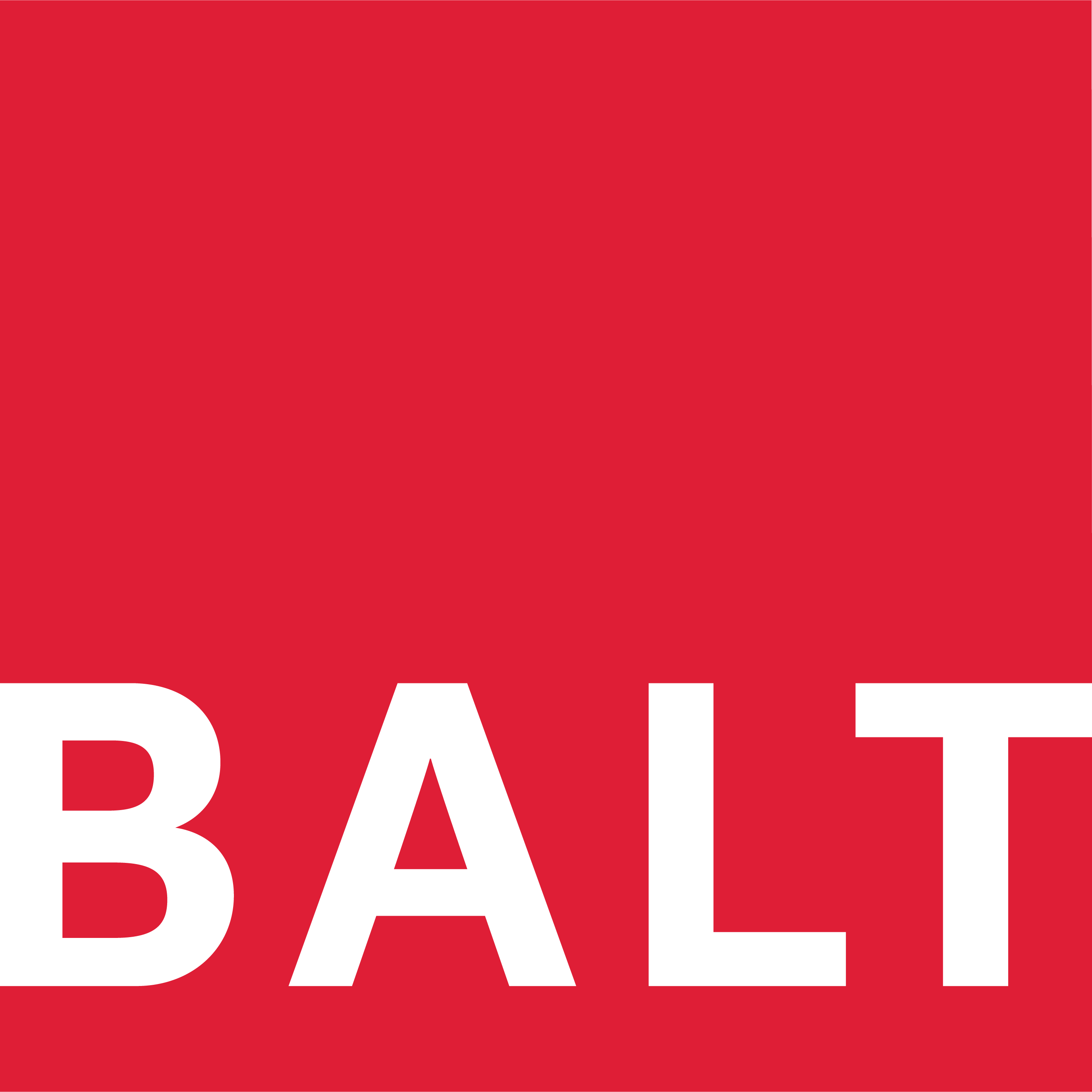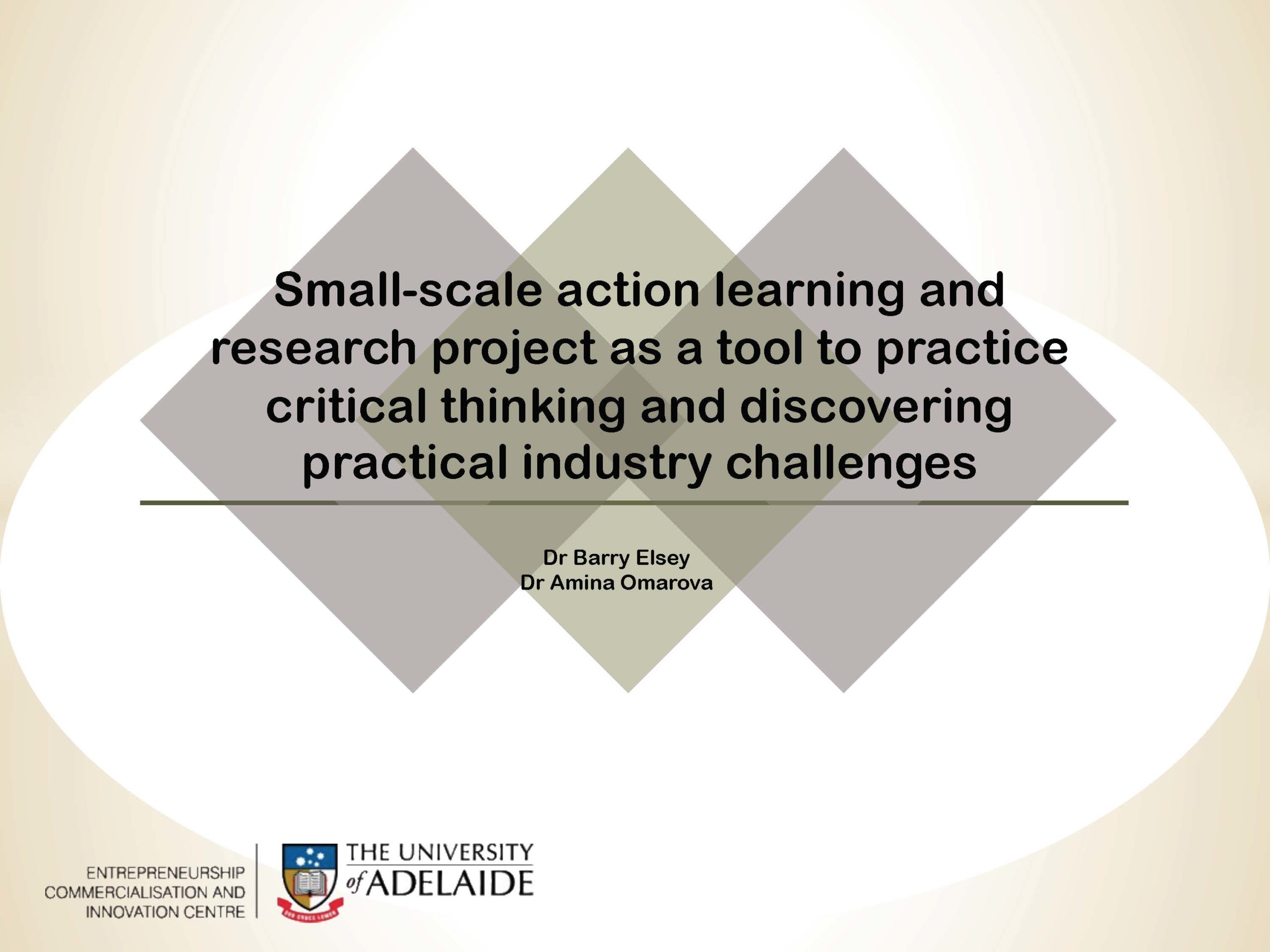| Hon Mr Peter Gutwein Premier of Tasmania and Minister for Climate Change |
Official Opening |
| Clyde Mansell Chair, Aboriginal Elders Council of Tasmania |
Keynote address 1 Walk with an Elder: Looking to the past to discover the future of learning |
| Melissa Hawkins Northumbria University (UK) |
Paper presentation 2 Action-oriented research: A route to relevance for the social sciences? |
| Bonnie Endicott Simply Strategic Talent Solutions (USA) |
Paper presentation 3 Five action learning strategies that Southwest Airline’s uses for leadership development that you can implement for your programs |
| Dr Barry Elsey and Dr Amina Omarova University of Adelaide (Australia) |
Paper presentation 4 The application of ALAR to facilitate the adult learning experiences of Indonesian international students in an Australian university |
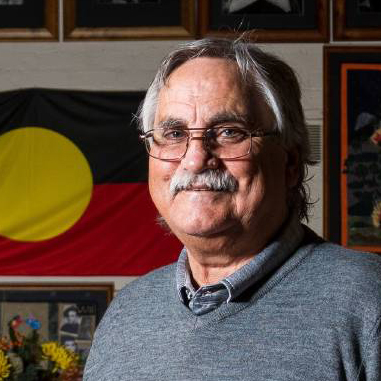
Clyde Mansell
Aboriginal Elders Council
of Tasmania
Australia
Walk with an Elder: Looking to the past to discover the future of learning
Key themes in both organisational and workforce development centre on resilience, adaptability to change and knowledge management.
First Nations people in Australia are the oldest continuing civilisation in the world. They have managed our complex ecological systems for the benefit of their families and communities, including their descendants, for millennia. They have prevailed through catastrophic climate change during the last ice age and the ongoing effects of forced colonisation in the modern age. Inherent in their success is the continuous creation of new knowledge, through experimentation and challenge-based learning, and the careful management of existing knowledge, passed down from the Elders through storytelling, songlines, ceremony, artefacts and visual art.
Take a walk with Tasmanian Aboriginal Elder, Clyde Mansell, and immerse yourself in learning in the breathtaking wilderness of Wukalina (Mt William National Park). Listen to the collective wisdom and experience of the ancestors, shared across millennia. Hear about the approaches Elders use to engage learners and encourage the discovery of new knowledge (and the rediscovery of existing knowledge), through exploration and experimentation.
This session brings together ancient wisdom and cutting edge technology, using interactive 360 degree video for a unique experience of the beautiful Tasmanian wilderness. View in Virtual Reality mode, using VR goggles, or navigate to choose your point of view in 2D.
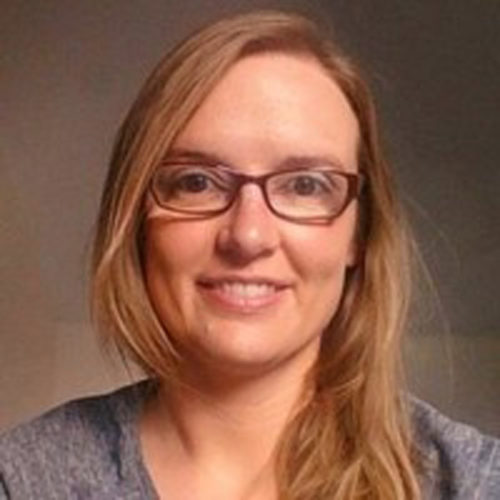
Melissa Hawkins

Max French
Newcastle Business School
Northumbria University
United Kingdom
Action-oriented research: a route to relevance for the social sciences?
There is plenty of evidence to be found in both theoretical and empirical literature, in why and how stakeholders in the public sector should collaborate on complex social dilemmas. Addressing such ‘grand challenges’ (Benneworth and Cunha 2015) cannot be achieved through working in organizational and disciplinary silos. The concept of Mode 3 research and the Quadruple Helix (Carayannis and Campbell 2009) consider that forms of knowledge co-exist, are of equal value and are needed when planning change. This sentiment of the value of different perspectives is echoed in our research with practitioners, where the phrase ‘we need everyone around the table’ is often heard. Quite what everyone does together once around this table often remains uncertain, and how research can support practice is ambiguous.
We have been working to address these issues by taking what we are calling an ‘Action-Oriented’ Research (AOR) approach. We are exploring how AOR, which includes concepts and methods drawn from action research, action learning, developmental evaluation, and co-production, can provide a meaningful way of bringing stakeholders together to socially innovate.
Our research is currently throwing up more questions than answers, in part as we have found two particular issues we need to address. The first is of AOR quality and standards; we are using an eclectic blend of methods and as yet are uncertain how to rigorously ensure that what we are doing is worthwhile from both a scholarly and practitioner perspective. The second is of research impact; how can AOR support practitioners whilst pursuing a research agenda of knowledge creation?
We will discuss our work as action-oriented researchers and ask for audience feedback and participation on our questions of defining AOR quality and impact. We would also like to consider how our questions, such as how to evaluate the quality of AOR, resonate with ALARA colleagues.

Bonnie Endicott
Simply Strategic Talent Solutions
USA
Five action learning strategies that Southwest Airline’s uses for leadership development that you can implement for your programs
The action learning element of one of Southwest Airline’s high-potential leadership development programs is a cornerstone of the six-week curricula. Not only do participants test out and apply newly acquired skills, they also deepen their relationships due to the time and teamwork required to work through a challenging assignment. They gain an understanding of how to introduce, socialize and present a fresh idea throughout the organization. Plus, the executive team loves it— it’s an internal shark tank with four to five new ideas presented each year.
In this session, we’ll quickly review the context of the program, then touch on five strategies you can use to engage a successful action learning project for employee development within your organization.
We’ll have time to ideate on each strategy to make a plan for how you can apply it to an action learning project you’re designing.

Dr Barry Elsey
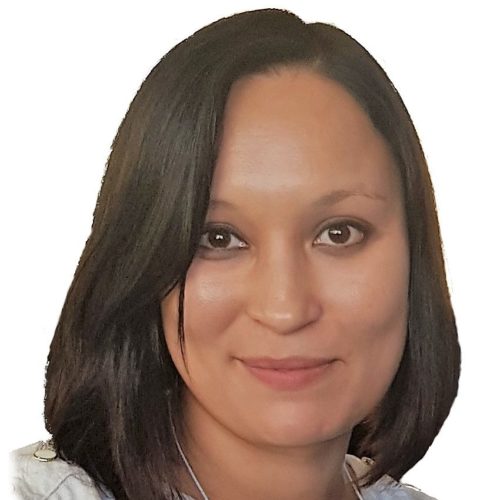
Dr Amina Omarova
Entrepreneurship Commercialisation and Innovation Centre
University of Adelaide
Australia
The application of ALAR to facilitate the adult learning experiences of Indonesian international students in an Australian university
There is a clear challenge to ensure that the learning experiences of international students are significant as well as successful. Generally, they have to adapt to different ways of thinking and learning, with greater emphasis placed on self-direction and personal empowerment. This was the case with a cohort of early career Indonesian public servants employed by the Ministry of Industry. This paper reports the findings of an action research project that was undertaken to support Indonesian postgraduate students’ learning in an Australian university. The paper concentrates on the application of Action Learning Action Research (ALAR) to structure students’ new learning experience while doing the applied research assignment. During the process, their learning experiences were documented through an interpretive investigation. Their positive learning outcomes underlined the value of ALAR as a tool for facilitating both group and individual learning. ALAR emerged as an effective means of enabling international students to competently manage a new learning environment. In particular, two hallmarks of andragogy, self-direction and personal empowerment, were evidenced in students’ reflections.
